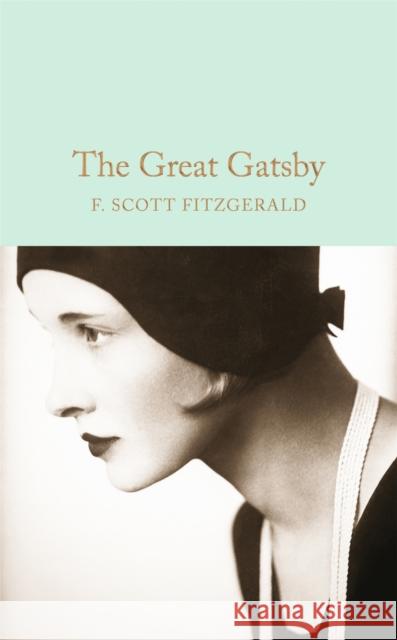The Great Gatsby » książka
topmenu
The Great Gatsby
ISBN-13: 9781509826360 / Angielski / Twarda / 2021 / 192 str.
The Great Gatsby
ISBN-13: 9781509826360 / Angielski / Twarda / 2021 / 192 str.
cena 50,05
(netto: 47,67 VAT: 5%)
Najniższa cena z 30 dni: 49,51
(netto: 47,67 VAT: 5%)
Najniższa cena z 30 dni: 49,51
Termin realizacji zamówienia:
ok. 16-18 dni roboczych.
ok. 16-18 dni roboczych.
Darmowa dostawa!
F. Scott Fitzgerald's classic novel of the Jazz Age











